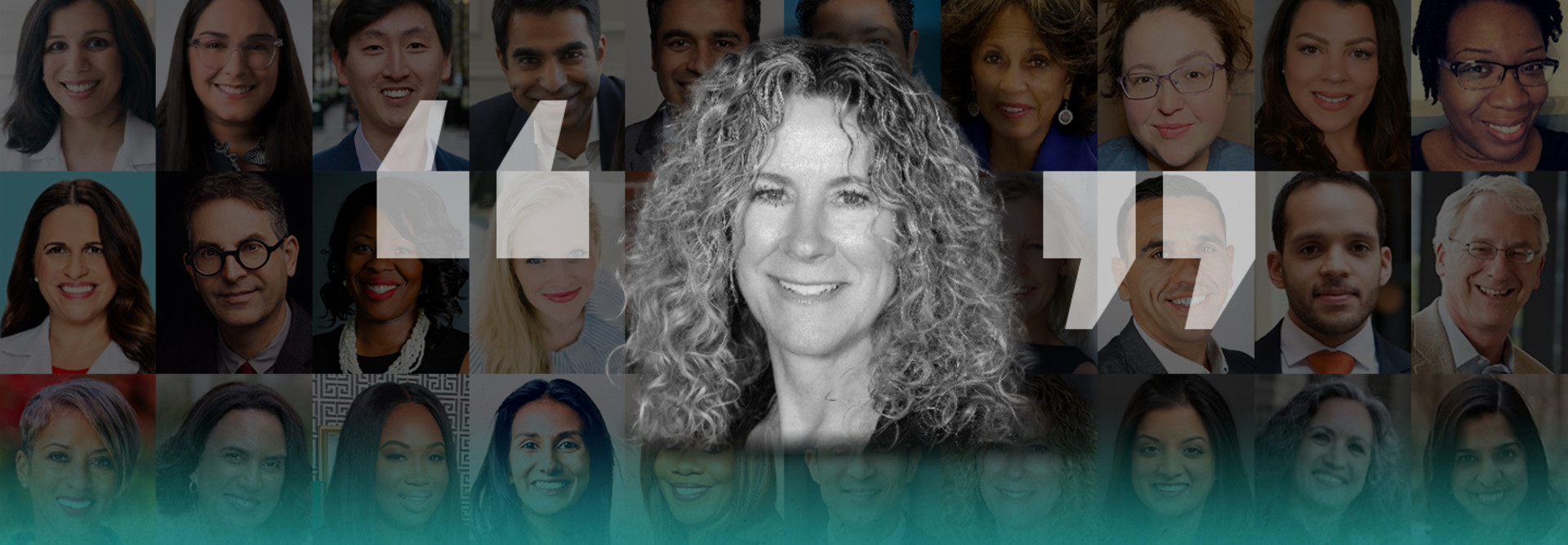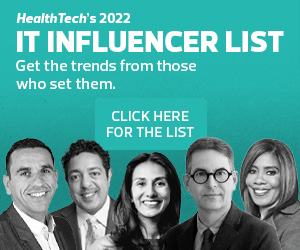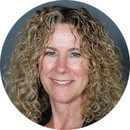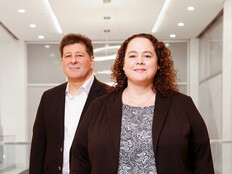HEALTHTECH: How did your experiences as an RN inform your perspective on healthcare IT?
HESS: I chose information systems from the perspective of having the flexibility to work from home, the ability to do some traveling and the availability of leadership positions. At that time, in the mid-90s, there weren't really informatics roles, at least that I was aware of.
When I graduated in 2000, I went to work for [healthcare technology company] McKesson in the development of EHRs. There was somebody in one of my graduate classes who said, “There’s a company in Boulder that develops EHRs. You should talk to my boss.” I called him up and he said, “You’re a nurse with an IT degree? I’m going to hire you on the spot.”
I didn’t go into this thinking I wanted to be a CNIO one day. It developed over the next 22 years. In 2008, I left McKesson and ended up working for multiple health systems in the Denver metro area, building informatics teams and taking what I learned not only at the bedside but from my IT experiences as well. I always knew that I could speak the language of a nurse and by having an IT degree and working with my partners, I could speak both languages. It helped solve problems because, many times, our IT partners would get frustrated at our clinicians and vice versa. When I could bring them together, that’s when we really saw those synergies.
WATCH: Learn how technology is transforming nurse workflows.
HEALTHTECH: How have conversations around healthcare interoperability evolved in your experience? How can nurses’ perspectives better inform interoperability approaches?
HESS: Over the years, what I’ve seen is, while we’ve pivoted from the best-of-breed to a single vendor, there’s not going to be any one vendor that can solve everything. I think it’s key to have some entrepreneurs and small businesses along with our large vendors. And, really, we need to listen to the voice of that nurse who’s doing the work. And the key here is being at an organization where they really embrace that. At HCA Healthcare, they do look at it from that perspective. We have nursing councils where we can get the voice of the nurse — we bring together those end users to listen and get that feedback, not just in those best-case scenarios but to have them think through, is this going to meet your need or is it going to create barriers?
HEALTHTECH: How have you seen the field of nursing informatics change over the years? What do emerging leaders need to learn now that they weren’t learning five to 10 years ago?
HESS: When I started doing this, it was all about EHR implementations because that’s where we needed to go with the HITECH Act. What the emerging leaders really need to be thinking about now is all that data that comes from our EHR and other technology to improve efficiencies. The key is focusing on those outcomes, improvements and qualities.
Are we implementing technology to just implement technology? Are we truly doing it to focus on improving our patient outcomes and improving our nurse satisfaction? That’s key. There are some nurses now, when looking for new jobs, they may ask what technology they have. If they don’t, they may realize when they come, “Hey, this is taking me more time away from my patients.” The emerging leaders really need to focus on the outcomes/return on investment of what the technology is going to be. If we find that a technology is not working, we need to stop and be honest with ourselves. We have to embrace failure. We don’t do that very well, and we could end up continuing to waste money.












